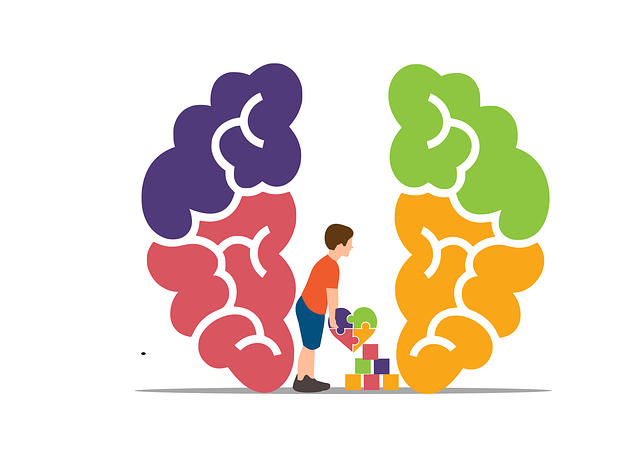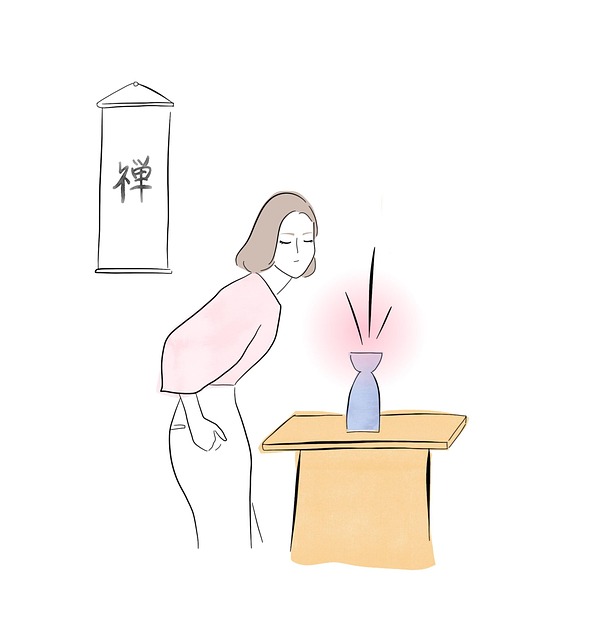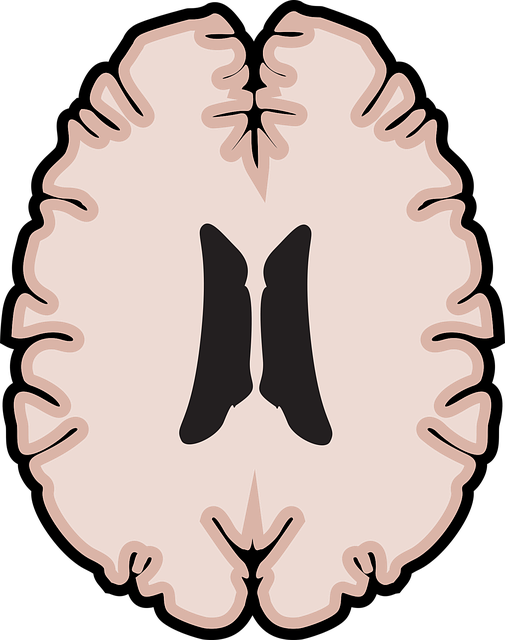Stress unaddressed can hinder learning and well-being, but Boulder Play Therapy offers a unique, creative approach for children and adults. By integrating Mental Wellness Journaling, Exercise Guidance, Communication Strategies, and Mental Health Education into lesson plans, this therapy helps students develop healthier coping mechanisms. Utilizing play to process emotions, Boulder Play Therapy aids crisis intervention, reduces anxiety, enhances emotional resilience, and improves risk management planning. Teaching stress management techniques through play-based activities benefits both students' and teachers' emotional well-being, fosters cultural competency, and empowers students to independently manage their mental health.
Stress management techniques are essential tools for educators aiming to foster a positive learning environment. This article explores effective strategies to help students navigate and overcome stress, focusing on the innovative Boulder Play Therapy approach. We’ll delve into the science behind stress and its impact on learning, offering practical tips tailored for teachers to integrate stress management into their classrooms. By implementing these techniques, educators can empower students with valuable coping skills, promoting overall well-being and academic success.
- Understanding Stress and Its Impact on Learning
- Boulder Play Therapy: A Creative Approach to Stress Management
- Practical Techniques for Teachers to Teach Effective Stress Management
Understanding Stress and Its Impact on Learning

Stress is a natural response to various life challenges, but when left unmanaged, it can significantly impact an individual’s ability to learn and perform optimally. In educational settings, understanding stress is crucial for creating supportive environments that foster student success. The way students perceive and cope with stress differs greatly, influenced by their unique experiences and personalities. Unmanaged stress often manifests as anxiety or depression, hindering concentration and memory retention. This can lead to a decline in academic performance and overall mental wellness.
In the context of Boulder Play Therapy, recognizing these effects is essential for therapists and educators alike. By integrating Mental Wellness Journaling, Exercise Guidance, and Communication Strategies into lesson plans, students can develop healthier coping mechanisms. These strategies not only enhance their ability to manage stress but also contribute to a well-rounded education that prepares them for the demands of modern life. Moreover, incorporating Mental Health Education Programs in school curricula can empower students with the knowledge and skills needed to advocate for their mental health, ensuring they approach learning in a balanced state.
Boulder Play Therapy: A Creative Approach to Stress Management

Boulder Play Therapy offers a unique and creative approach to stress management, particularly effective for both children and adults. This therapeutic method utilizes play as a means to help individuals process and release their emotions, providing an alternative way to cope with stress and anxiety. Through various playful activities, participants can express themselves freely without the need for words, making it ideal for those who find traditional talk therapy challenging.
Incorporating Boulder Play Therapy into stress management techniques can be highly beneficial for mental health professionals as part of their Risk Management Planning. It provides a dynamic tool for Crisis Intervention Guidance, enabling practitioners to offer tailored support during times of heightened distress. By fostering a safe and imaginative environment, this therapy facilitates anxiety relief and promotes emotional resilience, making it a valuable asset in the arsenal of any mental health professional.
Practical Techniques for Teachers to Teach Effective Stress Management

Teaching effective stress management techniques is a valuable skill for educators, fostering not only healthier students but also enhancing their own emotional well-being. Teachers can incorporate practical methods inspired by Boulder Play Therapy to create supportive learning environments. This approach encourages self-expression and provides students with tools to navigate stressful situations, improving resilience and mental health. By integrating play-based activities into daily routines, teachers can help students develop coping strategies that are both engaging and effective.
Incorporating Emotional Well-being Promotion Techniques tailored for the classroom setting is crucial. Teachers can model healthy self-care practices, such as mindfulness exercises or simple physical activities, to demonstrate stress relief methods. Moreover, creating opportunities for open discussions about feelings and emotions, with a focus on cultural competency developed through Healthcare Provider training, enables students to understand and manage their emotional responses. Encouraging self-care routine development among students fosters independence and empowers them to take charge of their mental health.
In conclusion, effective stress management techniques are invaluable tools for educators. By understanding the profound impact of stress on learning and leveraging creative approaches like Boulder Play Therapy, teachers can foster a nurturing environment that promotes academic success and student well-being. Implementing practical strategies taught in this article will empower educators to navigate the challenges of modern classrooms, ultimately enabling them to guide students towards improved mental health and enhanced educational outcomes.














